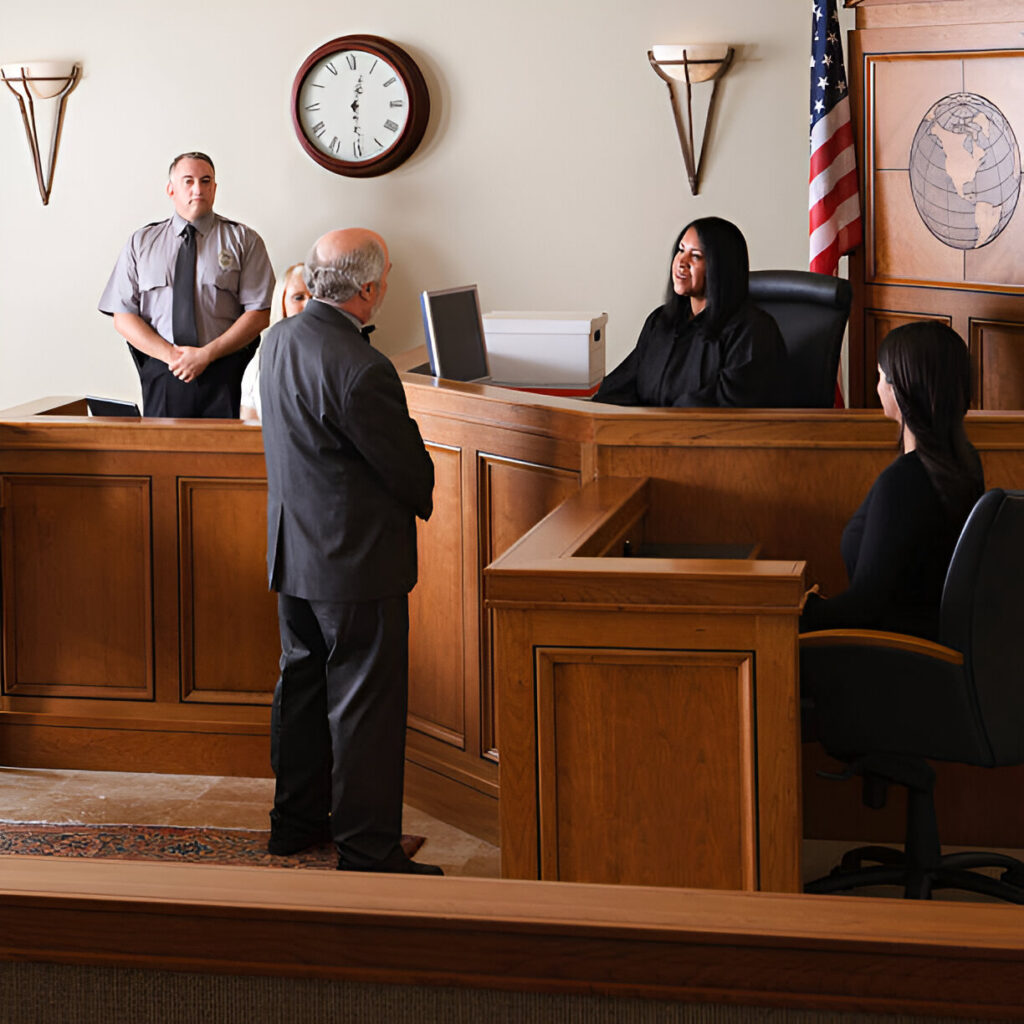In law cases, the role of an expert witness is important with regard to providing specific knowledge toward understanding complicated issues before the courts. Thus, understanding how to cope with an expert witness has become important for the study of law. In this article, you will explore three important things students ought to know regarding dealing with expert witnesses- why it is so essential to have expert witnesses, evaluating them effectively, and engagement strategies.
Expert Witnesses’ Role in the Legal Process
Expert witnesses are experts whose knowledge or area of specialization is relevant to the case at hand. They can make their testimony clear a complex issue which also happens to be helpful to judges and juries. Their credibility can, therefore, play an utmost role in deciding the outcome of a case. As such, understanding the role of expert witnesses begins with knowing their role within the courtroom.
Such witnesses can range over all types of subjects, from medicine and engineering to psychology and finance. Their testimony may be necessary to establish facts beyond the understanding of a normal human being. A medical expert may explain what the implications of an injury are, while an engineering expert may clarify safety standards relating to construction. Therefore, the students should understand that the expertise of an expert witness does not merely rest on their credentials but rather on how they tell a complex issue in simple words.
Apart from providing one very essential insight, an expert witness may also give testimony of credibility to your case. Their reputation and experience will likely elevate the perception of your argument to a greater extent. In that case, students must learn to identify and harness the appropriate expert witnesses suitable to their specific case needs.
Evaluating the Expert Witness’s Credibility
First, look at their qualifications. This means their education, certifications, and relevant work experience. For example, if you are handling a medical malpractice case, ensure the expert has the appropriate medical degree and specialization to testify on your case. Their background should demonstrate expertise directly related to the matter at hand.
Consider their experience in providing expert testimony. Some experts may have a lot of practical knowledge but lack courtroom experience. An effective expert witness not only understands the subject matter but also knows how to present that information in a way that is clear and convincing to a jury. Ask about previous cases and past experiences they have had in court, including how they communicate during cross-examination.
Lastly, it’s helpful to read any research they have published. Academic papers, articles, or books they have written will give insights into their true expertise and point of view with regard to a given subject. A credible expert would participate widely in the academic fraternity and remain abreast of updates within their chosen discipline.
Effective Strategies for Probing Expert Witnesses
Once you have found an appropriate expert witness, developing strategies to probe them during testimony becomes important. The way you engage an expert can really make a difference in how you present your case. Proper probing techniques can lead to informative and compelling testimony.
Prepare a list of targeted questions designed to draw out the knowledge of the expert. Determine the key points you would like to address in your case and formulate questions that will allow the expert to explain these concepts clearly. A well-structured set of questions will facilitate a smoother conversation and help the expert stay on track. Practicing with mock questioning can help both you and the expert become comfortable with the material.
Use strategies for probing expert witnesses that encourage them to enlarge their statements. Strategies include asking open-ended questions that encourage them to explain their reasoning or offer examples. For example, instead of asking, “Is this the correct procedure?”, you could say, “Can you describe what procedure you would recommend, and why it is your best recommendation?” This helps enrich the testimony and puts before the jury a far clearer understanding of the insight of the expert.
Conclusion
This includes expert witnesses – one skill that students considering a career in law should know about. Their importance, credibility, and effective strategies for engagement make a world of difference in your case. And, through developing these skills, remember that expert witnesses are people who bring in rich insights that can clarify a lot of complex issues. Leverage their expertise so that you can strengthen your arguments as well as your knowledge of the legal process. As you move forward in your education, take some time to become familiar with many of the expert witnesses and all their roles within the court, as well as exactly how to work with them best.



